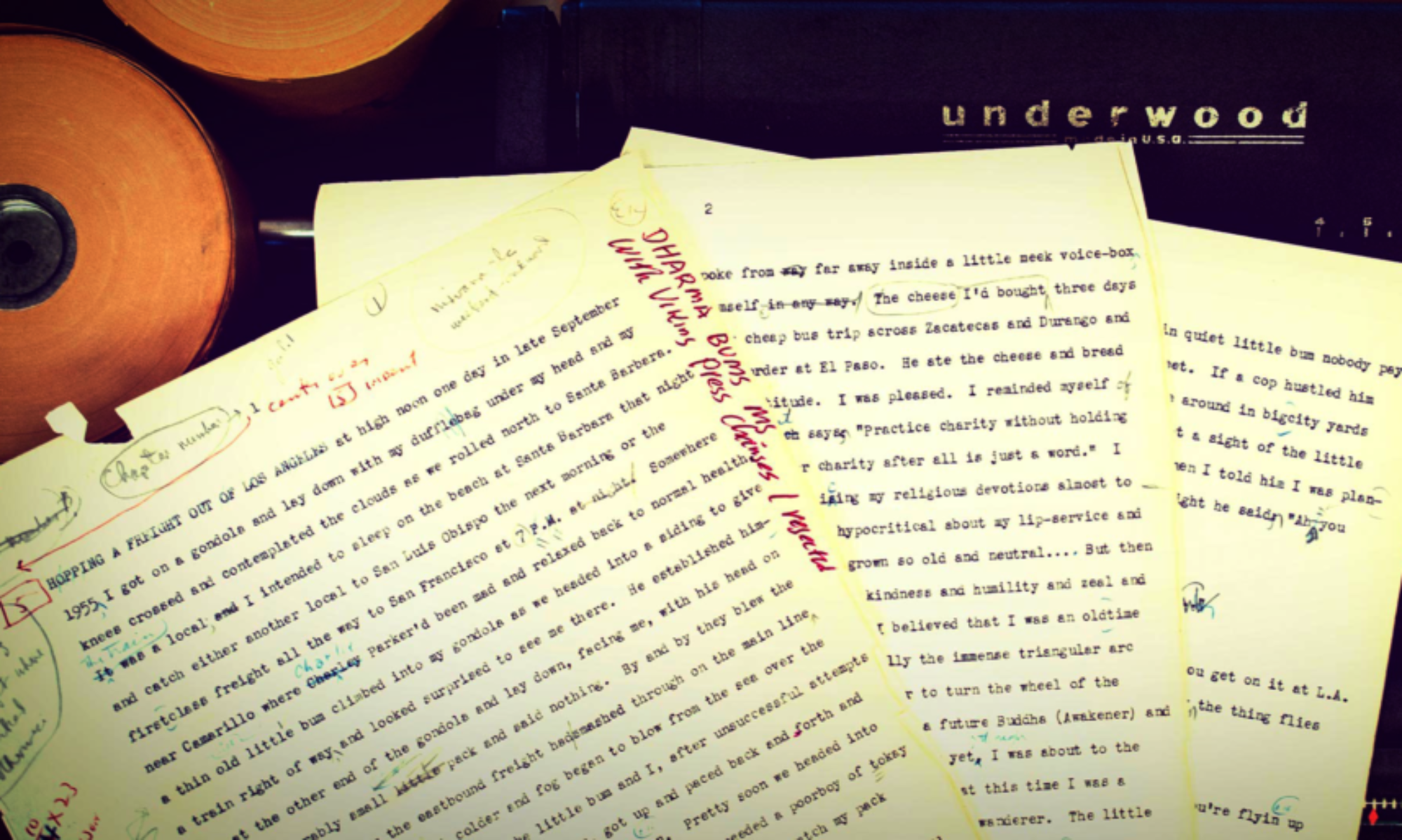It is with sadness that we report the passing of the brilliant and pioneering scholar emeritus professor Jonathan Goldberg, who joined the English department faculty in 2006
In addition to mentoring numerous graduate students and undergraduates in the department, Jonathan was a cofounder and first Director of the Studies in Sexualities Program (2007-2012). Under his leadership, the program hosted exciting conferences such as Risky Sex (2010) and Queer Worlds and Global Positions (2011), as well as lectures by José Muñoz, Valerie Traub, Robert Rheid-Pharr, Cathy Cohen, Vernon Rosario, and Gayle Rubin, among many others. Jonathan’s efforts created an important space for queer community among graduate students, undergraduates, and faculty at Emory.
A highly influential scholar of early modern literature, Jonathan helped create the now burgeoning field of queer early modern studies. He was the author of seventeen monographs whose subjects ranged from Spenser to Shakespeare, Willa Cather, Lucretius, Alfred Hitchcock, Patricia Highsmith, Sappho, Douglas Sirk, Rainer Werner Fassbinder, Todd Haynes, Saint Mark, and Eve Kosofsky Sedgwick. His most recent book, published in 2022 by Fordham University Press, is Being of Two Minds: Modernist Literary Criticism and Early Modern Texts. His edited volumes include work on queer early modern studies, sodomy, and Milton. A 2012 Brown University conference in his honor, “Writing Sex and Other Matters with Jonathan Goldberg,” which resulted in an edited volume about the worldmaking power of his work on early modern literature. He also edited Eve Kosofsky Sedgwick’s posthumous The Weather in Proust (2011). He was a gifted close reader and a formidable theorist who was as adept at negotiating the psycholinguistic moves of queer negativity as he was with the Lucretian swerve. Jonathan’s life and work were worldmaking, in the queer sense of the Old English worold he brought out in Spenser: the making of “something like subjective experience, the meaning of a life” that cannot be captured as the “totality that sums up a life.” His worlding was “sapphic,” a creative process he described in Sappho: ] Fragments as the beautiful “pairing of love and writing” where “love is bittersweet–bitter and sweet.”
Jonathan joined the Emory faculty in fall 2006 as Arts and Sciences Distinguished Professor in the Department of English. He was affiliated faculty in the Department of Women’s, Gender, and Sexuality Studies. He received his BA, MA, and PhD from Columbia University, and was a 1984 recipient of a Guggenheim Fellowship. He previously taught at The Johns Hopkins University, where he was Sir William Osler Professor of English Literature; he also has held positions at Temple, Brown, and Duke Universities.
Jonathan left a profound mark on the department’s intellectual life through his passionate commitments to scholarship and teaching. He is survived by emeritus professor Michael Moon, his partner of 38 years – who was also a member of the departments of English and Women’s, Gender, and Sexuality Studies — and by his daughters Julia and Abby.








